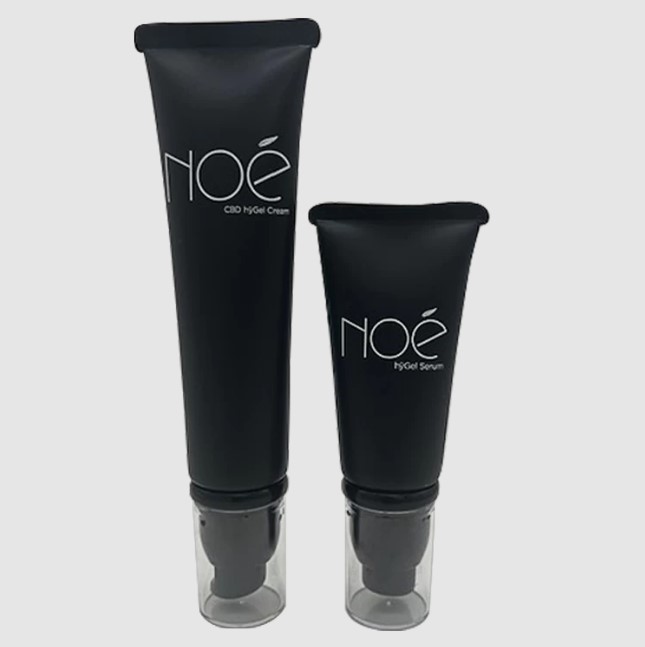Migraines are severe headaches that can be debilitating and greatly impact daily life. For those seeking alternative approaches to managing migraines, CBD (cannabidiol) has emerged as a potential natural remedy. In this article, we will explore the top CBD options for managing migraines and how they may provide relief and support.
Understanding Migraines
Migraines are neurological conditions characterized by recurrent, intense headaches often accompanied by other symptoms such as nausea, sensitivity to light and sound, and visual disturbances. The exact cause of migraines is still not fully understood, but various factors, including genetics, hormonal changes, triggers, and underlying imbalances in the brain, may contribute to their development.
How CBD Works for Migraines
CBD interacts with the body’s endocannabinoid system (ECS), which plays a role in regulating pain perception, inflammation, and other physiological functions. While research on CBD specifically for migraines is still limited, CBD’s potential mechanisms of action make it an interesting option for migraine management. CBD may help modulate pain signals, reduce inflammation, and alleviate associated symptoms such as nausea and anxiety.
Top CBD Options for Managing Migraines
When considering CBD for migraines, the following options may be worth exploring:
1. CBD Oil/Tinctures
CBD oil or tinctures are popular best CBD for migraine relief. They are taken orally by placing drops under the tongue, allowing for quick absorption into the bloodstream. CBD oil offers precise dosage control, making it easier to find the optimal dose for migraine management. Start with a lower dosage and gradually increase as needed. Many individuals find that taking CBD oil at the onset of a migraine can help reduce the severity and duration of the headache.
2. CBD Capsules
CBD capsules provide a convenient and discreet option for managing migraines. They offer pre-measured doses of CBD, making it easier to track your intake. CBD capsules are particularly useful for individuals who prefer a tasteless and odorless option or those who want a consistent dosage without the need for measuring or counting drops.
3. CBD Topicals
CBD-infused topicals such as creams, balms, or roll-ons may be beneficial for relieving migraine-related symptoms. When experiencing a migraine, applying CBD topicals to the temples, forehead, or neck can provide localized relief. These topicals often contain additional ingredients like menthol or camphor, which can enhance the cooling and soothing effect on the affected area.
4. CBD Edibles
CBD edibles, such as gummies or chocolates, offer an enjoyable and discreet way to consume CBD for migraine management. Edibles may have a delayed onset of effects compared to other forms due to digestion. They can be particularly useful for individuals who prefer a tasty and easy way to incorporate CBD into their routine.
5. Full-Spectrum or Broad-Spectrum CBD
Consider using full-spectrum or broad-spectrum CBD products for migraines. Full-spectrum CBD contains CBD along with other beneficial compounds found in hemp, including other cannabinoids and trace amounts of THC (up to 0.3%). These compounds may work synergistically to enhance the potential benefits of CBD, a phenomenon known as the “entourage effect.” Broad-spectrum CBD, on the other hand, contains a range of cannabinoids and terpenes but without any detectable THC. Choosing between full-spectrum and broad-spectrum CBD depends on personal preferences and sensitivities to THC.
6. Dosage and Consultation
Finding the right CBD dosage for migraines can vary from person to person. It is recommended to start with a lower dosage and gradually increase until you find the optimal amount that provides relief. It’s important to consult with a healthcare professional experienced in CBD usage, especially if you are taking other medications or have specific medical conditions.
7. Triggers and Lifestyle Modifications
While CBD can potentially provide relief for migraines, it’s important to identify and address triggers that may contribute to the condition. Lifestyle modifications such as managing stress levels, getting regular sleep, staying hydrated, and avoiding known triggers can complement the use of CBD and support overall migraine management.
Conclusion
CBD offers a promising natural option for managing migraines. Its potential analgesic, anti-inflammatory, and symptom-relieving properties make it an interesting choice for individuals seeking alternative approaches. When considering CBD for migraines, explore options such as CBD oil, capsules, topicals, and edibles. Choose high-quality CBD products, consider the type of CBD (full-spectrum or broad-spectrum), and start with a low dosage while gradually increasing as needed. Remember to consult with a healthcare professional for personalized advice, especially if you have specific medical concerns or are taking other medications. By incorporating CBD into your migraine management routine, you may find relief and support for a better quality of life.











